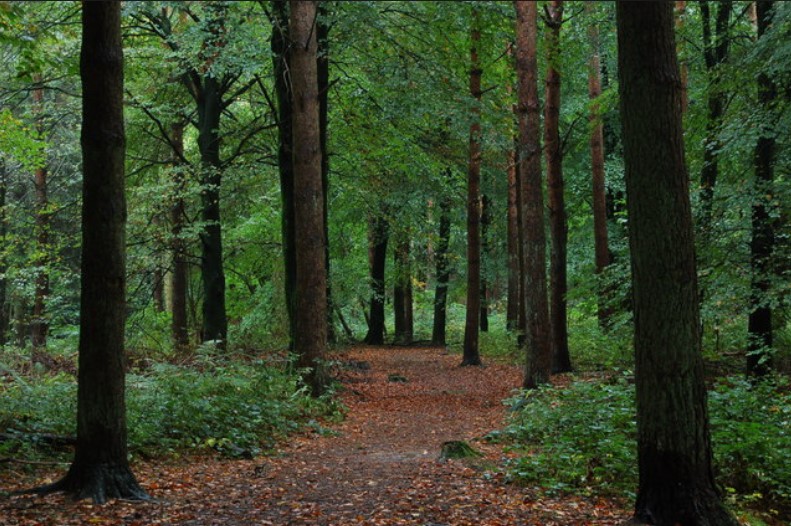The European Commission released its much-talked-about Farm to Fork Strategy yesterday, Wednesday, May 20, which outlines the EU’s plans for food production and agriculture across the bloc.
The wide-ranging document doesn’t just stick to food products though. It also mentions forestry, and how, in the commission’s view, that sector can contribute to the environmental sustainability that is central to the new strategy.
One of the potential contributions cited for forestry is carbon sequestration, through ‘new green business models’.
It is suggested that member states could use these rules to design Common Agricultural Policy (CAP) payments based on carbon sequestered.
Private companies could also be interested in purchasing these “certificates”, providing an additional incentive (on top of CAP payments) to farmers and foresters for sequestration, the strategy outlines.
The ‘Farm to Fork’ document also outlines that the new ‘eco-schemes’, which are planned member state designed environmental schemes in the next CAP, will offer “a major stream of funding” to boost sustainable practices, including agro-forestry.
“Member states and the commission will have to ensure that [the eco-schemes] are appropriately resourced and implemented…the commission will support the introduction of a minimum ring-fencing budget for eco-schemes,” the strategy says.
Global deforestation
The strategy also commits the EU to reducing its contribution to global deforestation and forest degradation.
The commission is set to present a legislative proposal and other measures in 2021 to “avoid or minimise” the placing of products associated with deforestation or forest degradation on the EU market.
However, the strategy does not specifically mention beef products originating from deforested parts of the Amazon rainforest in South America.
Biodiversity
The Farm-to-Fork strategy is a key part of the EU’s ‘Green Deal’. Another initiative under the Green Deal was also revealed by the commission yesterday: The EU Biodiversity Strategy for 2030.
This second strategy also goes into detail on forestry, highlighting the sector as key to enhancing biodiversity.
In 2021, as part of the ‘EU Nature Restoration Plan’ (part of the overall Biodiversity Strategy), the commission will bring forward guidelines on “biodiversity-friendly afforestation and reforestation” and “closer-to-nature” forestry practices.
Next steps
The European Commission will now invite the European Parliament and the European Council to endorse its Farm to Fork Strategy and its Biodiversity Strategy and its commitments therein.
All citizens and stakeholders are also invited to engage in a broad public debate.
